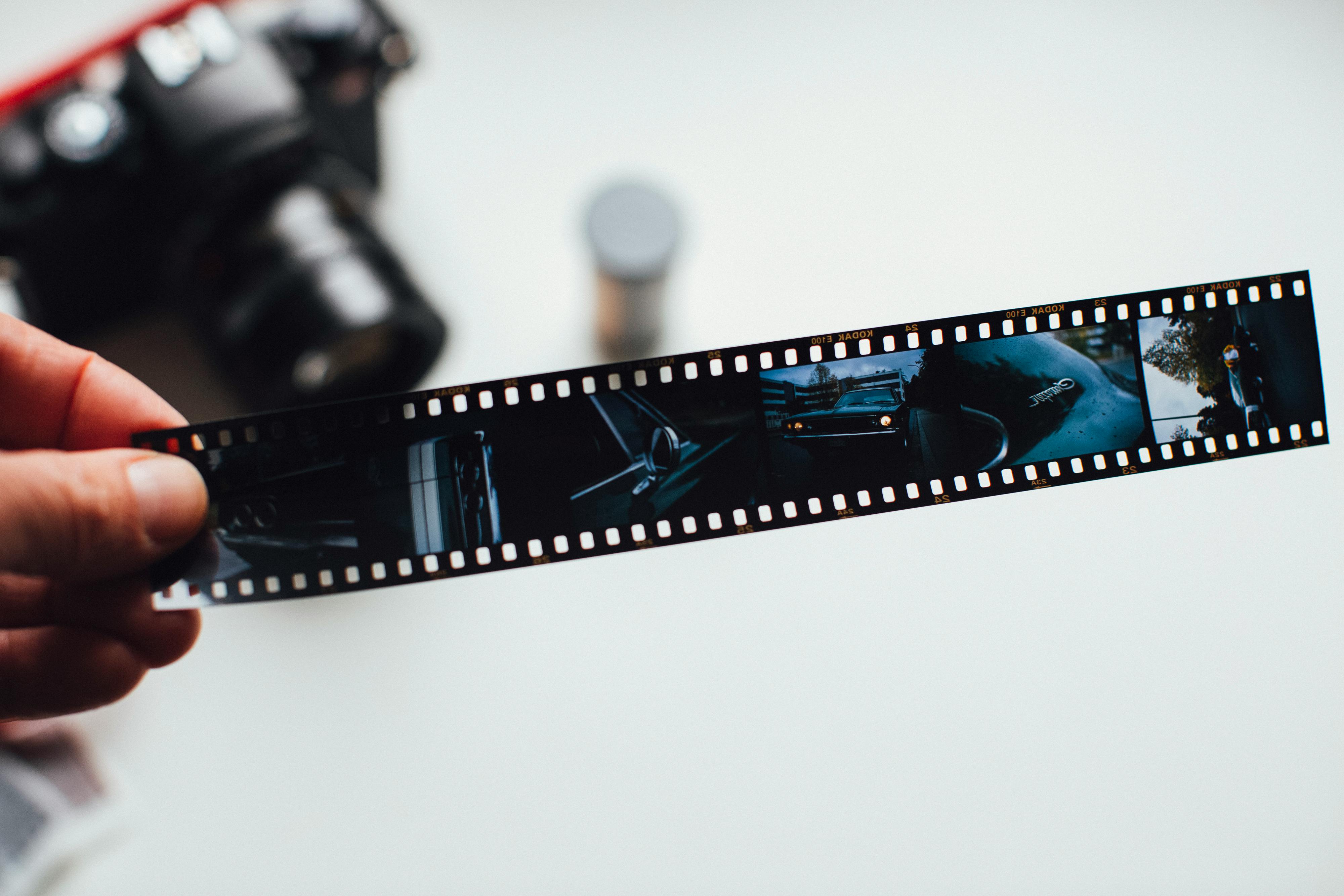The Tools That Help You Capture Your Scenes
We needed a platform specifically designed to help ordinary people transform their memories into structured narratives. An application that understands that life doesn't happen in neat acts. Rather, it happens in fragments, fleeting moments, and sudden realizations.
People tend to Capture a moment/ idea /place instantly to be the seed of a comprehensive movie. That is the most intuitive way to collect scattered memories and organize them into scenes.
You might capture a conversation on your phone during lunch, a sensory detail from childhood that suddenly surfaces, or an emotional revelation at 2 AM. The software becomes a container for these fragments, allowing you to arrange and rearrange them until patterns emerge.
Great ideas, now what? Next comes Craft, the stage where fragments begin to converse with one another. Where a scene from your teenage years suddenly rhymes with a recent breakup, and a line you wrote in passing becomes the heartbeat of the story.
Crafting is intimate; crafting is mastery. Artists of all walks dive deep into their work, which feels extremely satisfying. The app helps you visualize your memories as scenes in a film: each with its location, motive, dialogues, and evolution. You start creating the rhythm, the rise and fall of your own narrative.
What was once an unfiltered dump of thoughts now feels like story architecture. You now masterfully edit the meaning behind it all. You begin to see where the pacing dragged, where tension built, where something -or someone- has shifted.
And then there's Publish / Share. Think of the red-carpet but in the comfort of your house or my friend Lenny's house, in the deepest human sense. Sharing your script (even privately) turns isolation into conversation. You allow others to witness and enjoy your story as an entertaining film rather than a confession. Friends, therapists, or collaborators can "watch" your life's screenplay, and reflect back not on who you are, but on what your character is going through.
Turning your lived experience into a shared narrative, grants you the engaged audience, an opening to a new reality you've just created.





